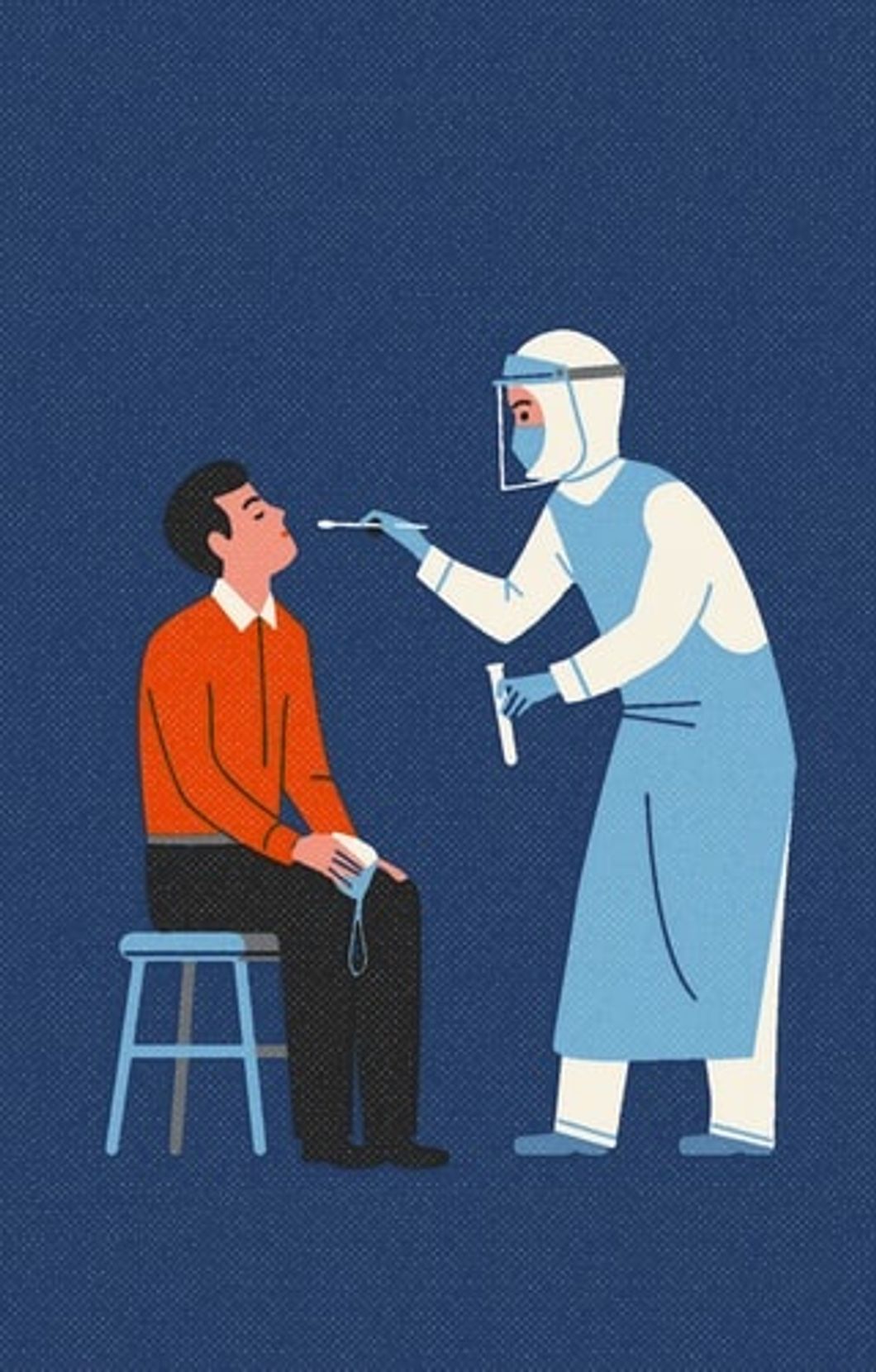The coronavirus pandemic continues to take its toll around the world and within the United States, with over five million cases worldwide--nearly two million of those cases coming from the United States. As the nation begins to open up with varying degrees of restriction ahead of the upcoming holiday, people are beginning to plan for a post-COVID world. Schools are creating contingency plans for in-person classes, shopping centers and malls are implementing social distancing protocals, and the hunt for a vaccine continues to rage on around the world.
However, even with all the preparation, the pandemic is still very real and it is shedding light on an important distinction that has emerged from the coronavirus outbreak: What is or is not considered essential, and what are the repercussions of these distinctions?
Since the inception of the pandemic, terms like "essential" and "non-essential" when applied to places of business have determined whether or not they would remain open despite state lockdowns and stay-at-home orders. As described by Business Insider, essential businesses are those that provide services such as food and groceries, healthcare and veterinary clinics, banks and post offices, and suchlike. Conversely, non-essential businesses "are generally recreational in nature" and "don't provide groceries, health or or financial support, or utilities". While some of these "non-essential" businesses, such as an average company or white collar job, provide the ability to work from home with ease, what is to be said about all of the essential businesses?
Well, there's an element of privilege applied to this situation. Those individuals with the ability to work from home are generally those with non-essential jobs that don't require face-to-face contact. They can afford to work from home. But, as an article by CNBC articulates, remote work is less common in jobs that rely on face-to-face contact, like grocery store employees or healthcare workers. While we assocate healthcare positions with being a more formalized job, they're making incredible sacrifices of their own to help others during this time.
In other words, the ability to work from home has led to higher sacrifices from those working in businesses deemed essential. Furthermore, this demonstrates an entire upheaval of connotations associated with different careers and jobs within the United States. If doctors and grocers are both deemed essential, why do we associate one with a higher standard of professionalism than the other?
We need restaurants and small businesses, we need grocers and cashiers, we need nurses and doctors and everyone in between. This is not a report on the economy, but the connection that all these businesses share that ultimately make or break someone's exposure to the virus. While the pandemic is far from over, even with stay-at-home orders ending, its effects on the world will endure, particularly within the infrastructure of businesses within the United States.
















